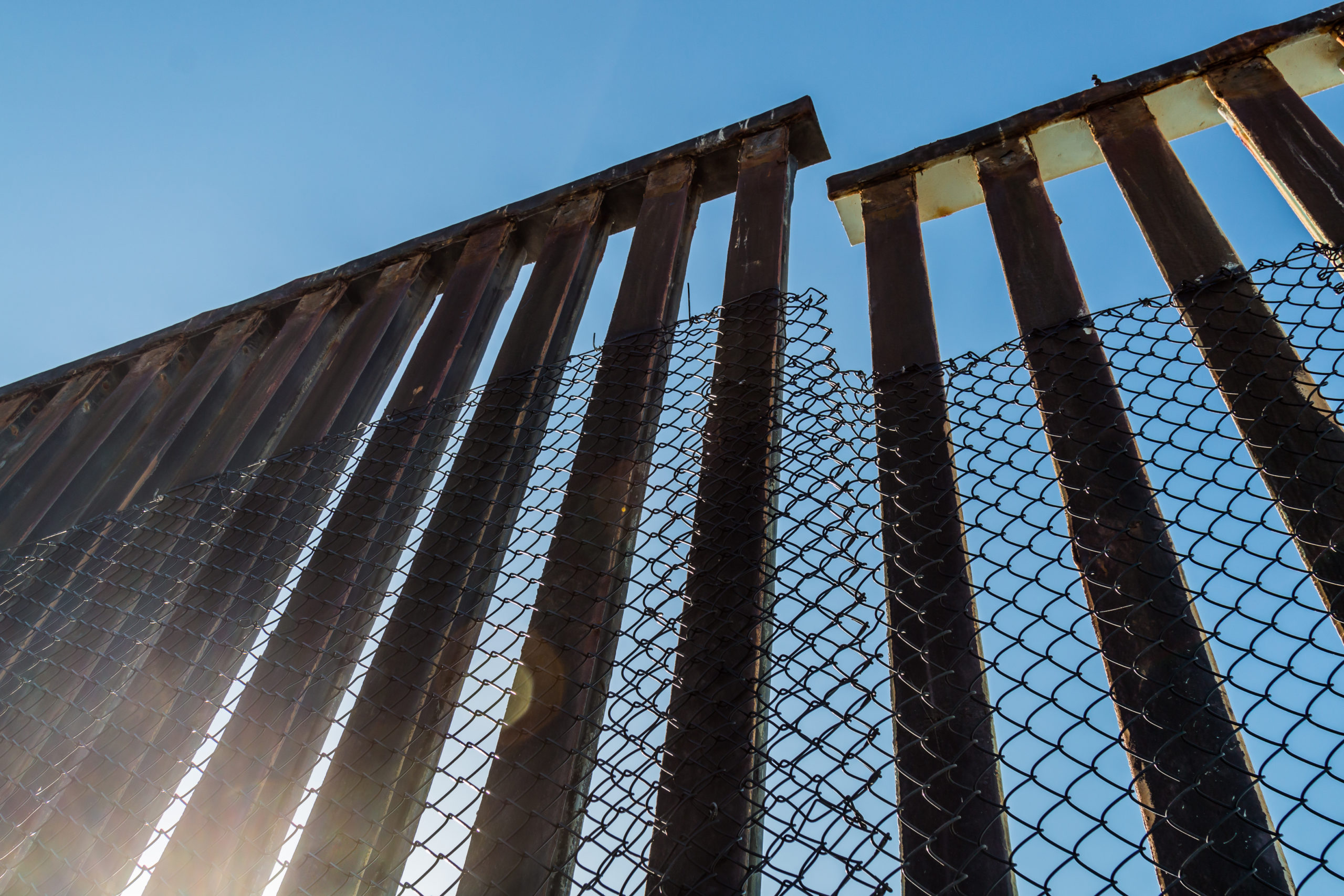Connect with us
Published
2 years agoon

Two recently issued reports shed new light on drug interdiction efforts at U.S. borders, finding that they often involve the seizure of small quantities of cannabis and no other substances.
The first report, from the U.S. Governmental Accountability Office (GAO), looked at Border Patrol data from fiscal years 2016 through 2020, where it apprehended about 35,700 potentially removable people at about 17,500 checkpoints.
The report notes that Border Patrol’s immigration checkpoints operate 25 to 100 miles inland from the borders. Border Patrol agents are required to collect data on checkpoint activity, including how many smuggled people are apprehended and how many drug seizures were made using dogs.
Border Patrol also seized drugs in about 17,970 events at the checkpoint. GAO found that most of these drug seizure events involved only U.S. citizens (91%), of which 75% involved seizures of cannabis and no other drugs. Of those seizures, 69% involved only personal-use quantities of cannabis.
The Dallas Morning News also recently shared a separate report compiling arrest data as part of Operation Lone Star—a Texas-sponsored border security program, which GOP leaders have pumped nearly $4 billion into. It ultimately found that roughly one out of every five arrests involved minor quantities of cannabis
“In the Rio Grande Valley, a collection of South Texas counties that make up the state’s busiest immigration corridor, low-level marijuana possession is the most common arrest under Operation Lone Star, records show,” the article states. “The same is true in El Paso County and Webb County, where the city of Laredo is located.”
The report also notes a number of experiences of Texans pulled over and cited as part of Operation Lone Star, though it was not always clear how these cases aligned with the overall program. The Department of Public Safety said it considers the operation to cover a range of 63 counties that stretch from the border into West Texas and up the Gulf Coast.
Department spokesperson Erick Miller said that counties across the state are included when there’s “a seizure or arrest that has a border nexus.”
Data from the Drug Enforcement Administration has also found that seizure of large amounts of cannabis are less frequent because Mexican cannabis in U.S. markets has largely been replaced with domestic-produced cannabis. Cannabis seizures at the southern border reached an all-time high in 2009, with nearly four million pounds of cannabis confiscated.
The National Organization for the Reform of Marijuana Laws (NORML) recently addressed these analyses and trends in a blog post, along with a statement from Political Director Morgan Fox.
“It is increasingly clear that the disconnect in cannabis policies extends beyond just the conflict between state and federal laws, but also leads to differences in how individual federal agencies behave,” Fox wrote. “The simplest solution to address these conflicts is to remove cannabis from the schedule of federally controlled substances, but in the interim, the various arms of the federal government need to get on the same page and stop wasting valuable resources going after minor possession cases, especially in states where cannabis is legal for medical or adult use.”
NORML also recognizes that Border Patrol is part of the Department of Homeland Security, not an agency within the department of justice, like the DEA. Therefore, it’s not influenced by statements like Attorney General Merrick Garland’s, repeatedly calling for enforcement resources to not be used against those in compliance with state cannabis laws.
“I laid this out in my confirmation hearing, and my view hasn’t really changed since then,” Garland told Marijuana Moment in April. “The Justice Department has almost never prosecuted use of marijuana, and it’s not going to be.”
Garland added that cannabis prosecutions are “not an efficient use of the resources given the opioid and methamphetamine epidemic that we have.”


Study Reveals State Cannabis Legalization Lowers Immigrant Deportation


DEA Challenges Bid To Use Psilocybin Under ‘Right To Try’ Legislation


Vegans Rejoice as Farmers Switch from Chickens to Hemp


Louisiana Legislative Committee Unanimously Passes Adult-Use Cannabis Framework Bill


Louisiana House Bill to Regulate Hemp Products Advances Along With Senate Bill to Ban


Cresco Labs Workers Reportedly De-Unionize
